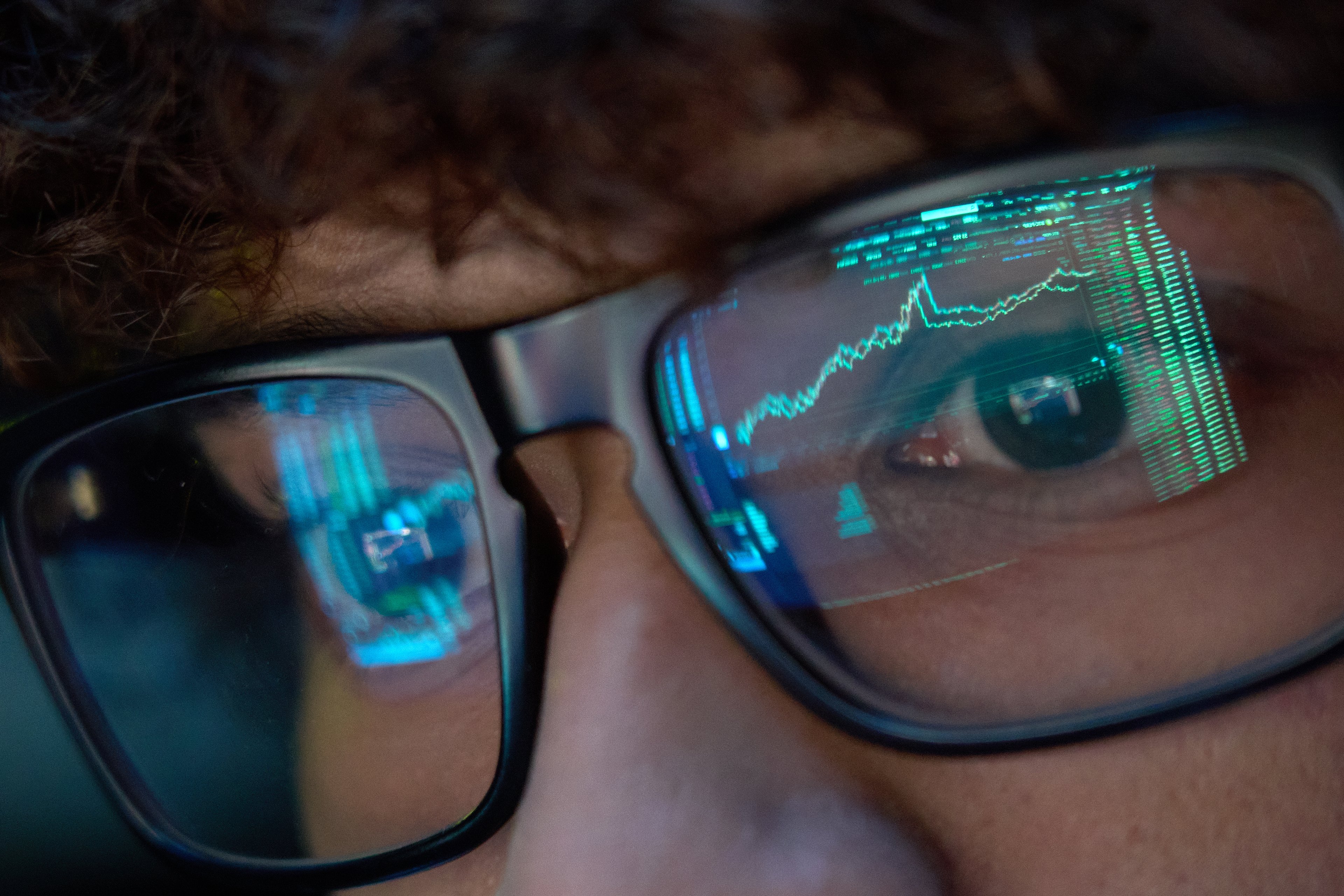Every day, Wall Street analysts upgrade some stocks, downgrade others, and "initiate coverage" on a few more. But do these analysts even know what they're talking about? Today, we're taking one high-profile Wall Street pick and putting it under the microscope...
With shares down 85% over the last four years -- and down 60% over the last 12 months alone -- Teva Pharmaceutical Industries (TEVA 1.54%) is arguably one of the most hated stocks on the planet.
Earlier this month, my fellow Fool.com contributor Sean Williams laid out a few of the reasons for investors' aversion to the drugmaker: "Teva has been buried by debt following its Actavis acquisition, is contending with generic-price weakness and litigation concerns as an opioid retailer, settled with the Justice Department over international bribery allegations, cut its outlook multiple times, had its lead drug hit by generic competitors, and eliminated its dividend."
Wow. That's quite a lot of reasons! And yet, just this morning, analysts at Argus Research found a few reasons to recommend Teva stock. Let's see what they have to say.

Image source: Getty Images.
Upgrading Teva
First and foremost, Argus really likes the valuation on Teva stock. As the analyst explains today in a note covered by TheFly.com, Teva has historically averaged a forward price-to-earnings ratio of 8.6 -- but currently sells for just 3.9 times forward earnings. (That's also a discount to the 6.7 times forward earnings valuation the market is placing on peer generic drug producers.)
Granted, there are reasons (see above) for Teva shares being cheap, and Argus doesn't discount the "numerous challenges" the company is facing and admits it could encounter "several more challenging quarters" before things start to improve. Yet even so, the analyst argues that Teva isn't as reliant upon Copaxone (its "lead drug") sales as it once was, that generics in general are becoming a more stable business, and that the company has made progress in reducing its costs, which should pay off in greater profits going forward.
Meanwhile, Argus believes that 3.9 times earnings is an "excessive discount" on Teva shares, and that they should sell for something closer to $12, instead of the less than $10 they cost today.
Accordingly, Argus believes now is a good time to buy Teva stock on the cheap.
More optimism on Teva
Williams also tends to agree with this assessment, adding that in recent years Teva has leveraged its "$2 billion or more in operating cash flow per year" -- supplemented with proceeds from the sale of noncore assets -- to reduce its debt load by "about $8 billion" over the last couple of years.
Williams also notes that Teva is operating in a volume-based, lower-margin business, where costs are key. In light of Argus' observation that costs are coming down, this should work in the company's favor, especially given that -- as Sean points out -- "the sheer vastness of its portfolio should give it significant longer-term pricing power."
Caveats and provisos
I only wish this "pricing power" were a little more obvious in the numbers Teva is producing today.
Consider: Williams rightly notes that Teva has demonstrated an ability to generate in excess of $2 billion in annual cash flow over the last two years ($2.2 billion in 2017, and $2.4 billion in 2018, to be precise). However, once you subtract spending on capital investment, actual free cash flow at the company -- the cash available to spend on paying down debt -- was only $1.4 billion and $1.8 billion, respectively, in those two years.
Moreover, Q1 2019 results were significantly weaker, and enough so to depress Teva's trailing-12-month cash flow down closer to $1 billion than to $2 billion -- and with only $449 million in positive free cash flow.
At the same time, while it's true Teva has made progress in reducing its debt load, total long-term debt still stands at a weighty $26.3 billion, according to the latest data from S&P Global Market Intelligence. Even offset by $2 billion in cash on the balance sheet, this is enough debt to give the drugmaker a total enterprise value of $34.6 billion -- more than three times the $10.4 billion market capitalization upon which the stock's P/E is based.
Long story short, at a recent enterprise value-to-free-cash-flow ratio of 77, Teva isn't nearly as cheap as its 3.9 forward P/E ratio suggests. In fact, I think Teva stock still looks downright pricey -- and not yet worthy of Argus' buy rating.






